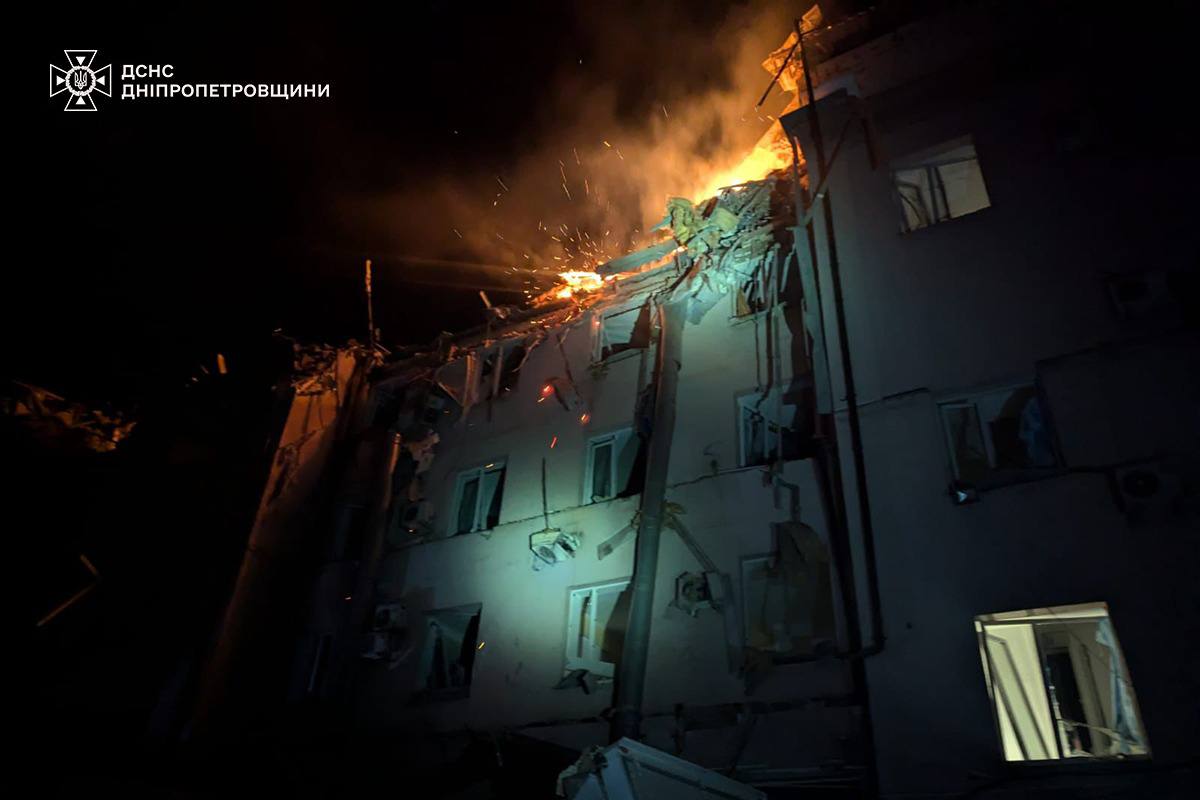Russian strikes hotels to silence journalists. Since the start of the full-scale war, Russia has targeted at least 25 hotels near the front lines in Ukraine—a deliberate campaign, The Washington Post reports.
Russian missiles have struck with precision—the report emphasizes these were not accidents but coordinated strikes. Since 2022, at least 24 journalists have been injured, and one has been killed as a result of hotel bombings, according to a report by Reporters Without Borders (RSF) and Truth Hounds.
“These attacks are part of a larger strategy to sow terror and seek to reduce coverage of the war,” says Pauline Maufrais, regional officer for Ukraine at Reporters Without Borders.
The hotels hit were not military sites, and “journalists are not mercenaries,” despite Russian propaganda claims.
Russia justifies the strikes by alleging that military personnel were staying in the hotels, but the report refutes these claims: the primary occupants were media workers, since overnight stays in front-line areas are prohibited for international organizations.
After the missile strike on the Park Hotel in Kharkiv on 10 January 2024, injured French producer Violetta Pedorych, switched to renting apartments.
More and more journalists are avoiding hotel stays or suspending fieldwork altogether. According to the report, 64% of journalists acknowledged that the attacks have hindered their work. Additionally, 13% of media outlets have reduced or completely halted frontline deployments.
Experts also note that safety decisions are often made by foreign managers unfamiliar with conditions in Ukraine. One example is the attack on a hotel in Kramatorsk, in which two members of a media crew were injured and their security advisor was killed.
Read also
-
USAID shutdown creates opportunity for Russian money to enter Ukrainian media space, threatening freedom of speech
-
US federal judge blocks Trump’s shutdown of Voice of America
-
Ukrainian authorities halt Reuters livestream from Kyiv amid security concerns
-
Judge temporarily blocks Trump’s defunding of Radio Free Europe global news media

